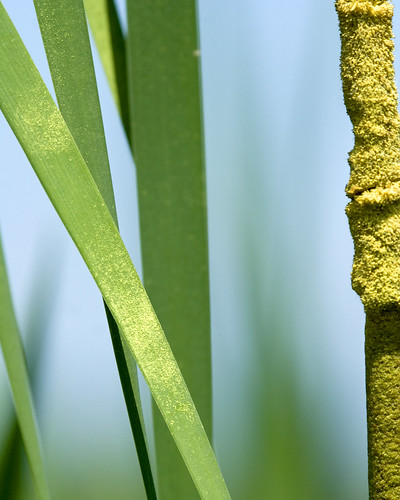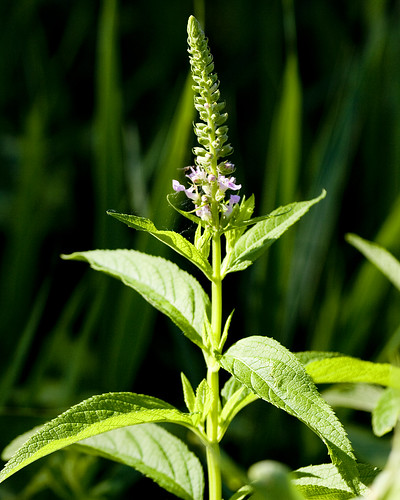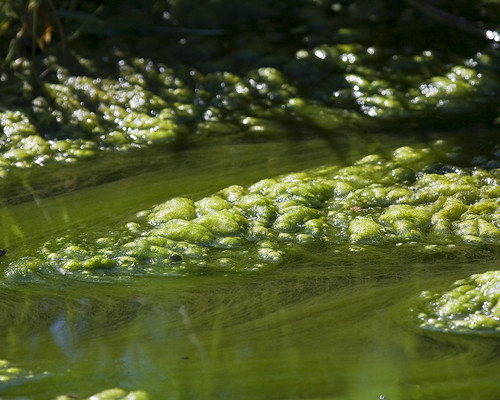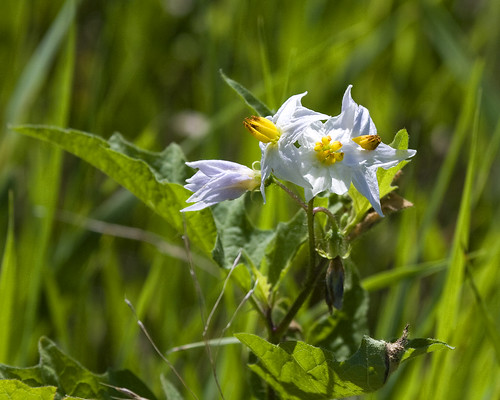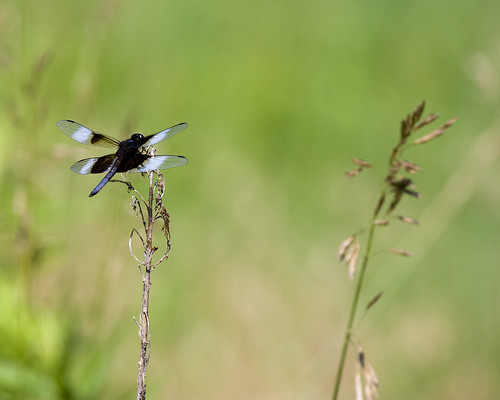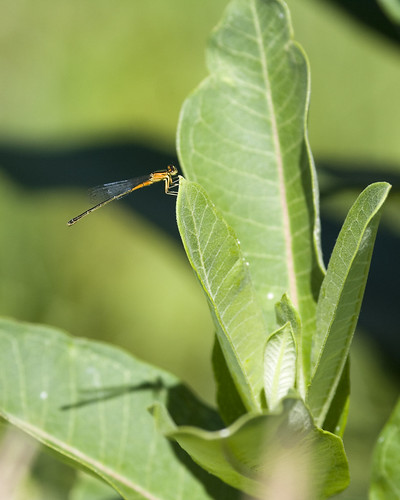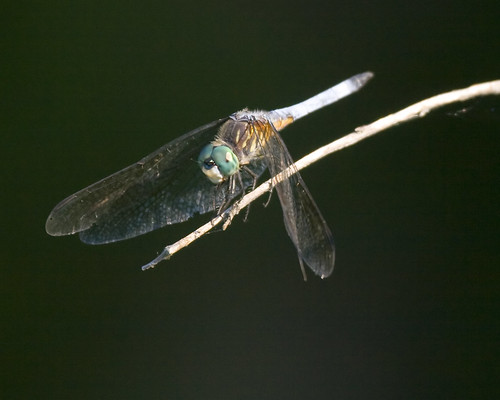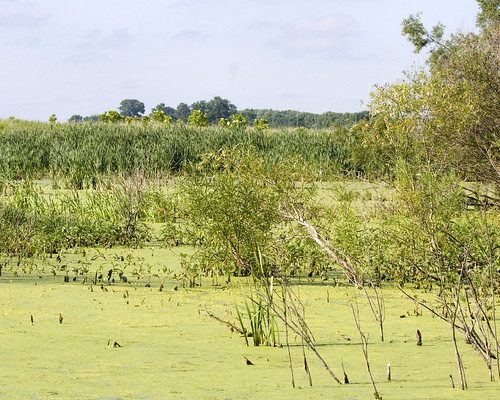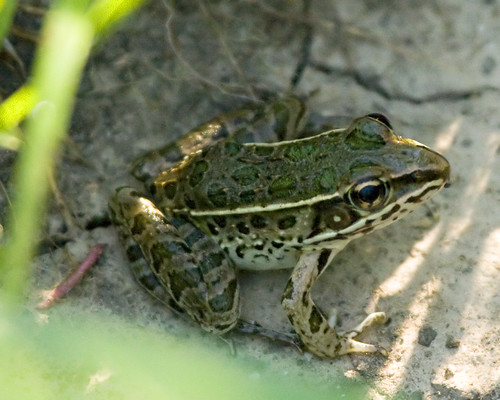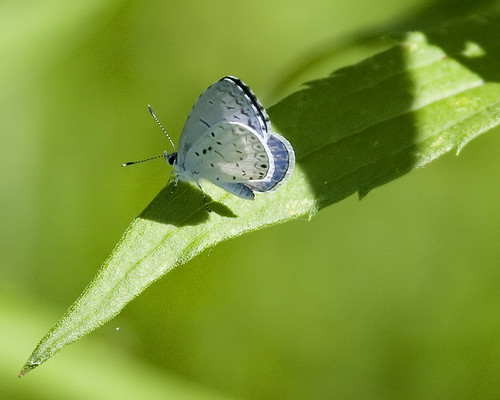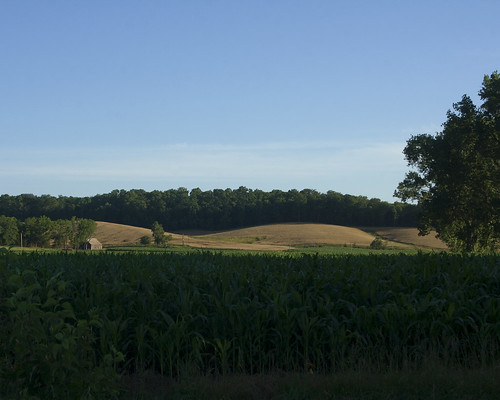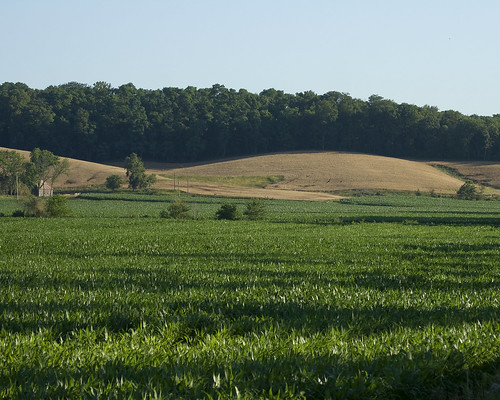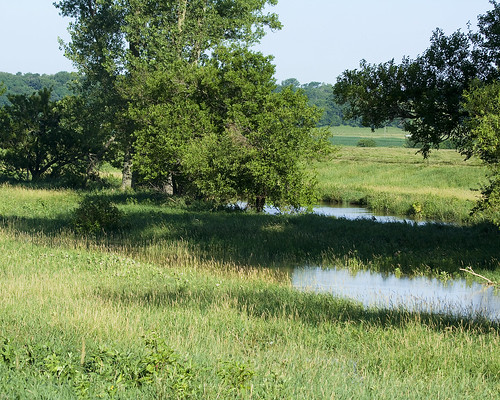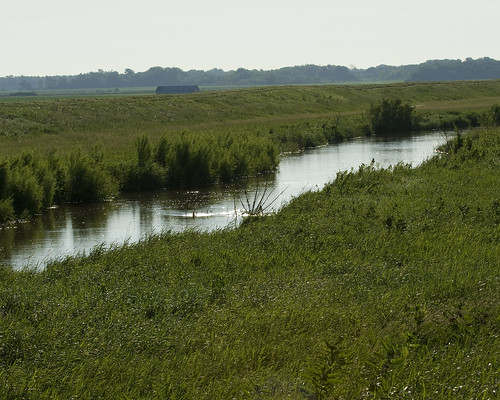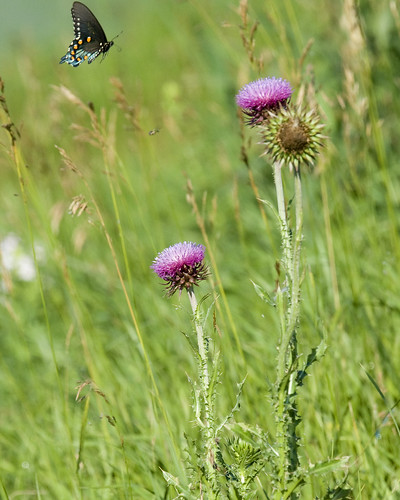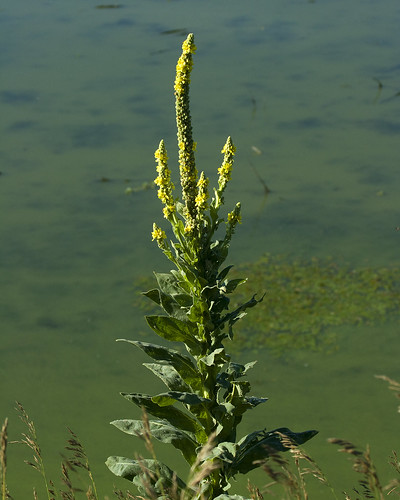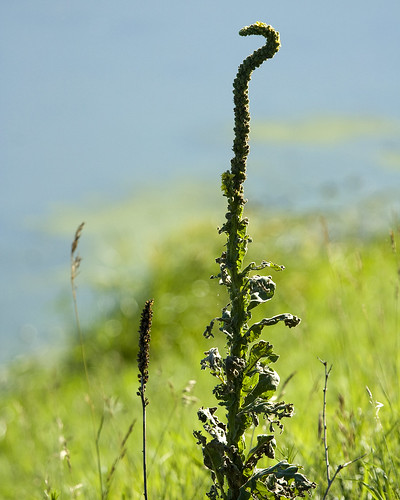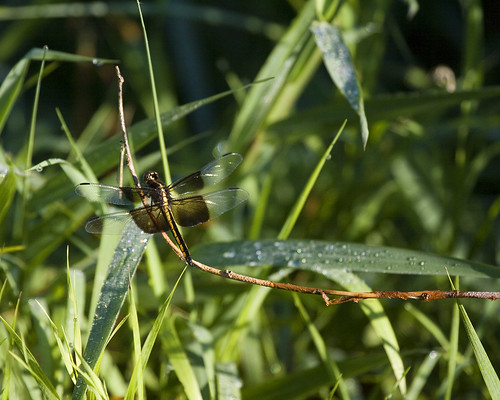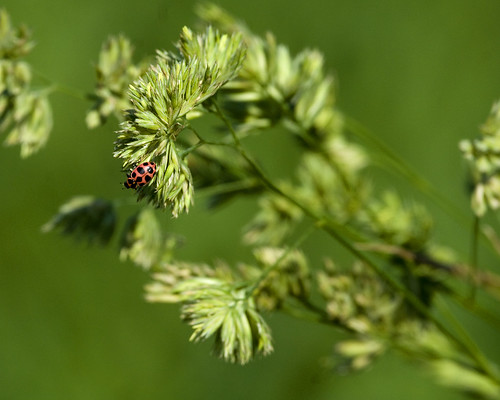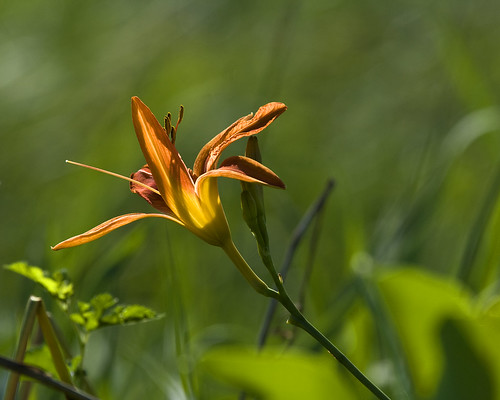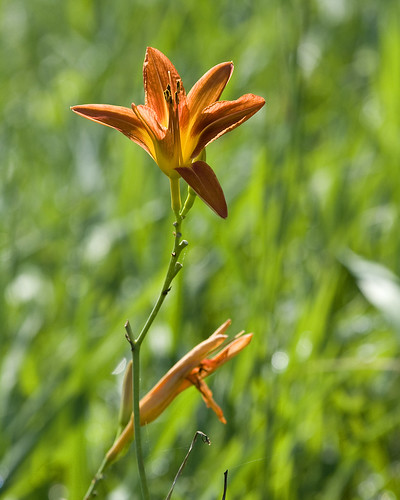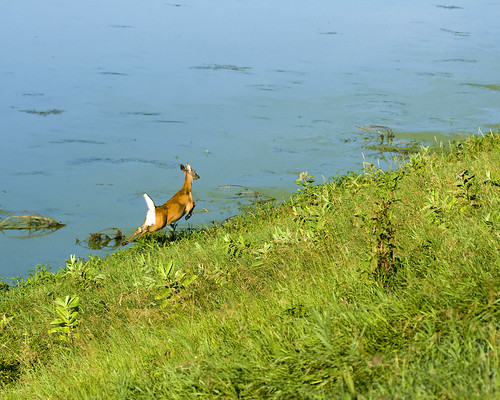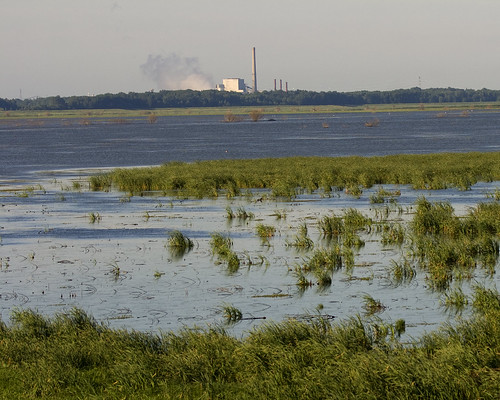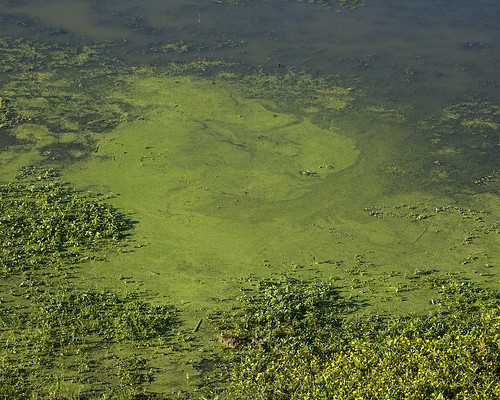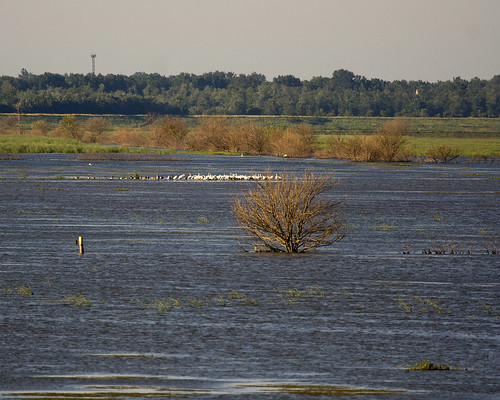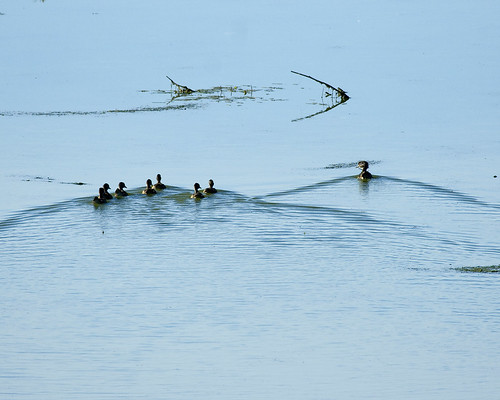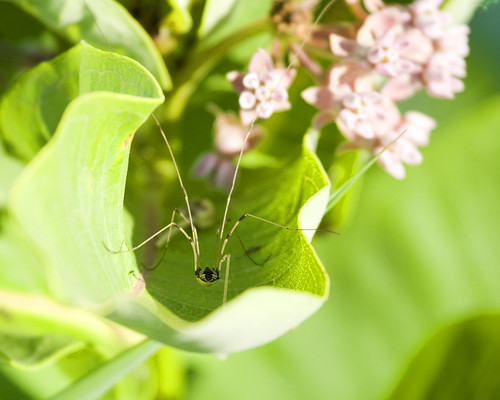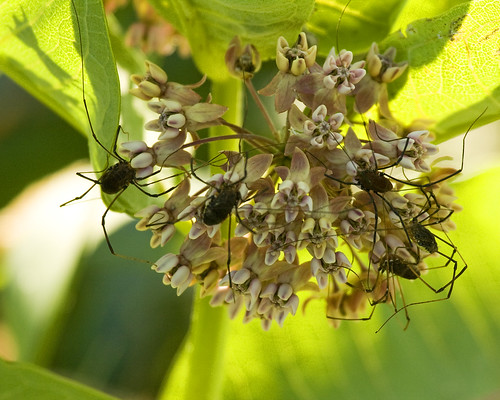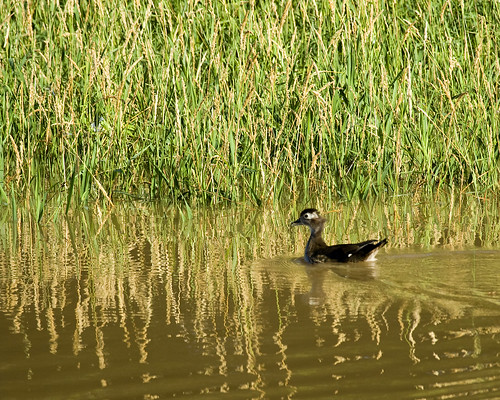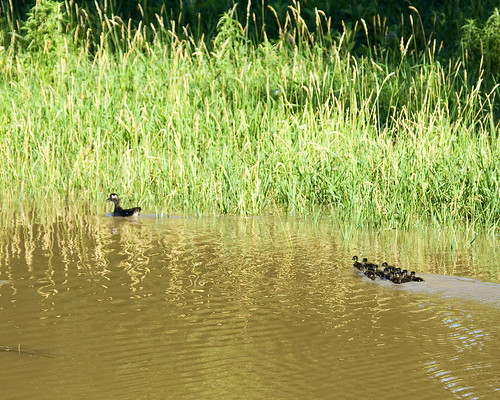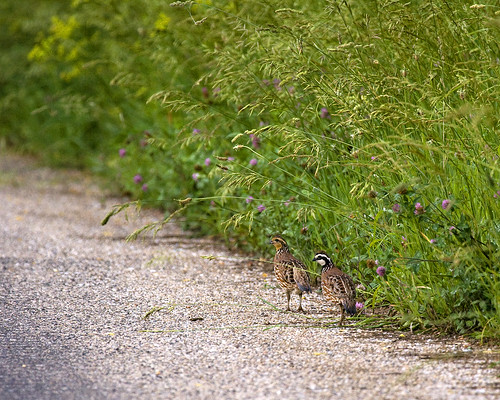"The War Prayer" was dictated by Mark Twain [Samuel Clemens] in 1904 in advance of his death in 1910.
During his writing career, he had criticized perhaps every type of person or institution either living or dead. But this piece was just a little too hot for his family to tolerate. Since they believed the short narrative would be regarded as sacrilege, they urged him not to publish it. However, Sam was to have the last word, and even the word after that. Having directed it to be published after his death, he said,
"I have told the truth in that... and only dead men can tell the truth in this world."
- William H. Huff
The War Prayer
by Mark Twain
It was a time of great and
exalting excitement.
The country was up in arms,
the war was on,
in every breast
burned the holy fire of patriotism;
the drums were beating,
the bands playing,
the toy pistols popping,
the bunched firecrackers
hissing and spluttering;
on every hand and far down
the receding and fading spread
of roofs and balconies
a fluttering wilderness of flags
flashed in the sun;
daily the young volunteers marched
down the wide avenue
gay and fine in their new uniforms,
the proud fathers and mothers
and sisters and sweethearts
cheering them with voices
choked with happy emotion
as they swung by;
nightly the packed mass meetings
listened, panting, to patriot oratory
which stirred the deepest deeps
of their hearts,
and which they interrupted
at briefest intervals
with cyclones of applause,
the tears running down their cheeks
the while;
in the churches the pastors preached
devotion to flag and country,
and invoked the God of Battles
beseeching His aid in our good cause
in outpourings of fervid eloquence
which moved every listener.
It was indeed a glad and gracious time,
and the half dozen rash spirits
that ventured to disapprove of the war
and cast a doubt upon its righteousness
straightway got such a stern
and angry warning
that for their personal safety's sake
they quickly shrank out of sight
and offended no more in that way.
Sunday morning came --
next day the battalions would leave
for the front;
the church was filled;
the volunteers were there,
their young faces
alight with martial dreams --
visions of the stern advance,
the gathering momentum,
the rushing charge, the flashing sabers,
the flight of the foe, the tumult,
the enveloping smoke, the fierce pursuit,
the surrender!
Then home from the war,
bronzed heroes, welcomed, adored,
submerged in golden seas of glory!
With the volunteers sat their dear ones,
proud, happy, and envied
by the neighbors and friends
who had no sons and brothers
to send forth to the field of honor,
there to win for the flag, or, failing,
die the noblest of noble deaths.
The service proceeded; a war chapter
from the Old Testament was read;
the first prayer was said;
it was followed by an organ burst
that shook the building,
and with one impulse the house rose,
with glowing eyes and beating hearts,
and poured out
that tremendous invocation --
*God the all-terrible!
Thou who ordainest!
Thunder thy clarion
and lightning thy sword!*
Then came the "long" prayer.
None could remember the like of it
for passionate pleading
and moving and beautiful language.
The burden of its supplication was,
that an ever-merciful and benignant
Father of us all would watch over
our noble young soldiers,
and aid, comfort, and encourage them
in their patriotic work;
bless them, shield them in the day
of battle and the hour of peril,
bear them in His mighty hand,
make them strong and confident,
invincible in the bloody onset;
help them to crush the foe,
grant to them
and to their flag and country
imperishable honor and glory --
An aged stranger entered and moved
with slow and noiseless step
up the main aisle,
his eyes fixed upon the minister,
his long body clothed in a robe
that reached to his feet, his head bare,
his white hair descending
in a frothy cataract to his shoulders,
his seamy face unnaturally pale,
pale even to ghastliness.
With all eyes following him
and wondering,
he made his silent way;
without pausing, he ascended
to the preacher's side
and stood there waiting.
With shut lids the preacher,
unconscious of his presence,
continued with his moving prayer,
and at last finished it with the words,
uttered in fervent appeal,
"Bless our arms,
grant us the victory,
O Lord our God,
Father and Protector
of our land and flag!"
The stranger touched his arm,
motioned him to step aside --
which the startled minister did --
and took his place.
During some moments
he surveyed the spellbound audience w
ith solemn eyes, in which burned
an uncanny light;
then in a deep voice he said:
"I come from the Throne --
bearing a message from Almighty God!"
The words smote the house with a shock;
if the stranger perceived it
he gave no attention.
"He has heard the prayer
of His servant your shepherd,
and will grant it
if such shall be your desire
after I, His messenger,
shall have explained to you its import --
that is to say, its full import.
For it is like unto
many of the prayers of men,
in that it asks for more
than he who utters it is aware of --
except he pause and think.
"God's servant and yours
has prayed his prayer.
Has he paused and taken thought?
Is it one prayer?
No, it is two --
one uttered, the other not.
Both have reached the ear
of Him Who heareth all supplications,
the spoken and the unspoken.
Ponder this -- keep it in mind.
If you would beseech
a blessing upon yourself, beware!
lest without intent
you invoke a curse upon a neighbor
at the same time.
If you pray for the blessing of rain
upon your crop which needs it,
by that act you are possibly praying
for a curse upon some neighbor's crop
which may not need rain and can be injured by it.
"You have heard your servant's prayer --
the uttered part of it.
I am commissioned of God
to put into words the other part of it --
that part which the pastor --
and also you in your hearts --
fervently prayed silently.
And ignorantly and unthinkingly?
God grant that it was so!
You heard these words:
'Grant us the victory,
O Lord our God!' That is sufficient.
The *whole* of the uttered prayer
is compact into those pregnant words.
Elaborations were not necessary.
When you have prayed for victory
you have prayed for
many unmentioned results
which follow victory--*must* follow it,
cannot help but follow it.
Upon the listening spirit
of God the Father fell also
the unspoken part of the prayer.
He commandeth me
to put it into words.
Listen!
"O Lord our Father,
our young patriots,
idols of our hearts,
go forth to battle --
be Thou near them!
With them, in spirit,
we also go forth
from the sweet peace
of our beloved firesides
to smite the foe.
O Lord our God,
help us
to tear their soldiers
to bloody shreds
with our shells;
help us
to cover their smiling fields
with the pale forms
of their patriot dead;
help us
to drown the thunder
of the guns
with the shrieks of their wounded,
writhing in pain; help us
to lay waste
their humble homes
with a hurricane of fire;
help us
to wring the hearts
of their unoffending widows
with unavailing grief;
help us
to turn them out roofless
with little children
to wander unfriended
the wastes
of their desolated land
in rags and hunger
and thirst,
sports of the sun flames
of summer
and the icy winds
of winter,
broken in spirit,
worn with travail,
imploring Thee
for the refuge of the grave
and denied it --
for our sakes
who adore Thee, Lord,
blast their hopes,
blight their lives,
protract their bitter pilgrimage,
make heavy their steps,
water their way with their tears,
stain the white snow
with the blood
of their wounded feet!
We ask it,
in the spirit of love,
of Him Who is the Source of Love,
and Who is the ever-faithful
refuge and friend
of all that are sore beset
and seek His aid
with humble and contrite hearts.
Amen.
(*After a pause.*)
"Ye have prayed it;
if ye still desire it,
speak!
The messenger of the
Most High waits!"
It was believed afterward
that the man was a lunatic,
because there was no sense
in what he said.

